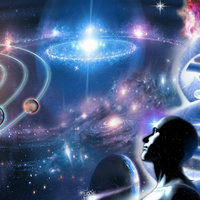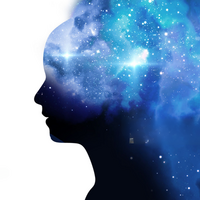
It's quite common for individuals to foresee unfortunate realities such as death, disasters, or illnesses through dreams. Anyone might dream of both positive and negative occurrences affecting others or even themselves. Can dreams be seen as premonitions?
Before delving into the question, let me first provide the definitions of "premonition" and "dreams." According to the dictionary, a premonition is 'a presentiment of the future; or a warning in advance,' whereas a dream is 'a series of images, ideas, emotions, and sensations occurring involuntarily in the mind during certain stages of sleep.'
Let's begin by discussing dreams. It's widely recognized that dreams play a role in our everyday lives, yet many people tend to overlook their significance. Dreams can assist us in finding solutions to our daily challenges and offer us a fresh perspective on things. Within the realm of dreams, we have the freedom to embody whoever or whatever we desire, a liberty not always available in waking life. Moreover, dreams possess their own symbolic language. For instance, dreaming about loose, rotten, or missing teeth can symbolize that a family member or close friend is seriously ill or facing mortality. Understanding the meanings of your dreams can be achieved by consulting a Dream Dictionary.
Now, let's turn our attention to premonitions. As previously defined, a premonition can serve as a warning in advance. Many individuals have experienced premonitions in various situations, often conveyed through dreams. These premonitions typically offer a sense of impending events in the near future, albeit in a vague manner. Numerous instances of premonitions have been documented prior to disasters, such as the sinking of the Titanic in 1912. There were over fifty recorded accounts of premonitions preceding this tragic event. Remarkably, some passengers who experienced premonitions canceled their tickets for the Titanic and thus avoided the catastrophic fate that befell the ship.
Can dreams function as premonitions? The answer hinges on the specific dream in question. If a person dreams of an entire scenario that subsequently unfolds in reality, it could indeed be considered a premonition. However, from another perspective, the dream might hold symbolic significance unrelated to literal events. While dreams have the potential to serve as premonitions, they can also be purely imaginative experiences without predictive value.
We might consider a dream a premonition if it accurately predicts events in real life. However, if your dream reflects elaborate fantasies or desires you've been contemplating, it likely stems from your subconscious mind. So, my response to the question "Do dreams serve as a premonition?" is 'It depends'. Deciphering whether your dream hints at future events or merely reflects subconscious thoughts can be challenging. Ultimately, when interpreting dreams, it's crucial to trust your intuition and attentively listen to its guidance.





